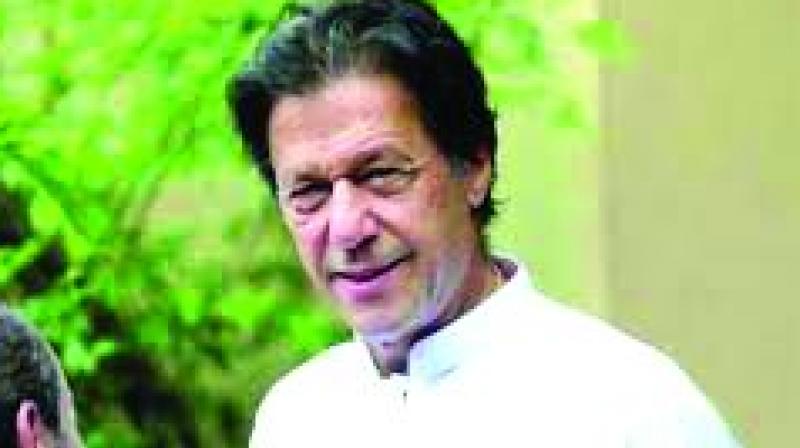Time to talk to Pak again?

The India-Pakistan relationship continues in its rocky, low-equilibrium, phase which it entered after the Pulwama terrorist strike in February, to which India retaliated through a deep incursion into Pakistani airspace at Balakot. The situation got complex when Pakistan counter-attacked the following morning. The bland external affairs ministry statement on Monday suggests it is unlikely that the presence of external affairs minister Sushma Swaraj and Pakistan foreign minister Shah Mehmood Qureshi at the meeting of foreign ministers of the Shanghai Cooperation Organisation (SCO) in Bishkek on May 21-22 will break the status quo. The two may exchange pleasantries, that is all.
Balakot had just preceded the long election season in India, which began in March. Restarting a dialogue in this period was unthinkable. With the results due on May 23, realistically speaking, no movement of any kind may be expected before the new government in India settles down.
In a recent interview, Pakistan PM Imran Khan indicated a better chance for resuming contacts if Narendra Modi returned to power. At any rate, Islamabad has named a new high commissioner to India, though New Delhi has not been informed of this officially. It’s up to the incoming government here to react to this.
Impetus has been imparted to regional political dynamics with fresh developments in Afghanistan and in Iran. In respect of Iran, a breakout of hostilities with the United States is deemed not improbable. In such a context, worthwhile diplomatic contact between India and Pakistan can be useful.

